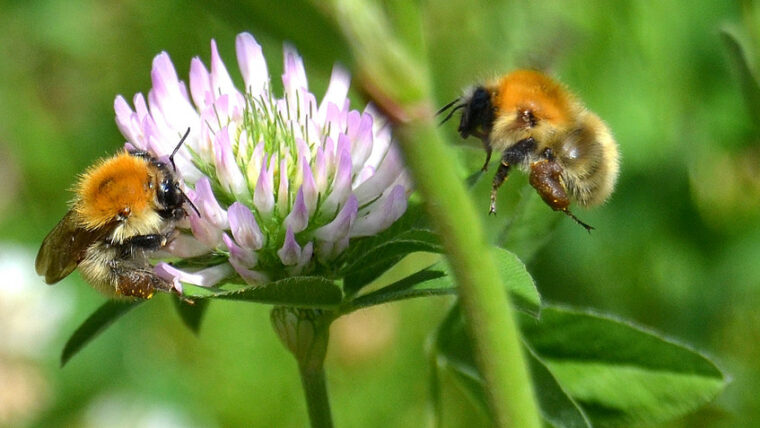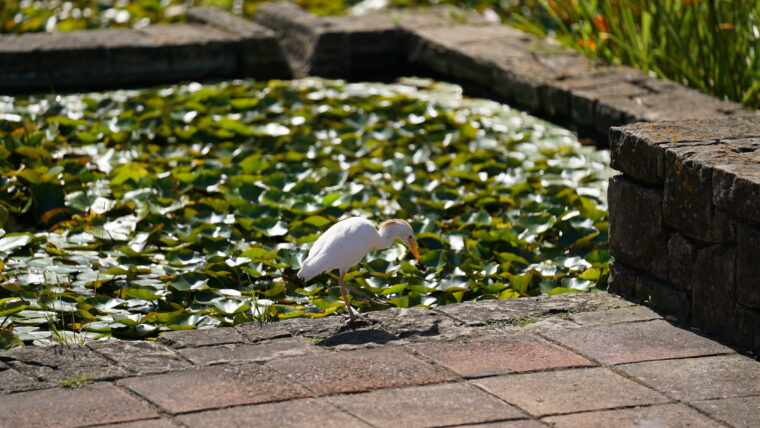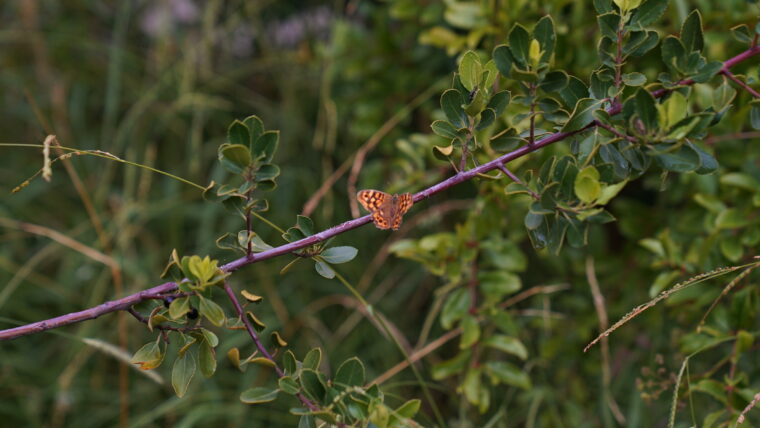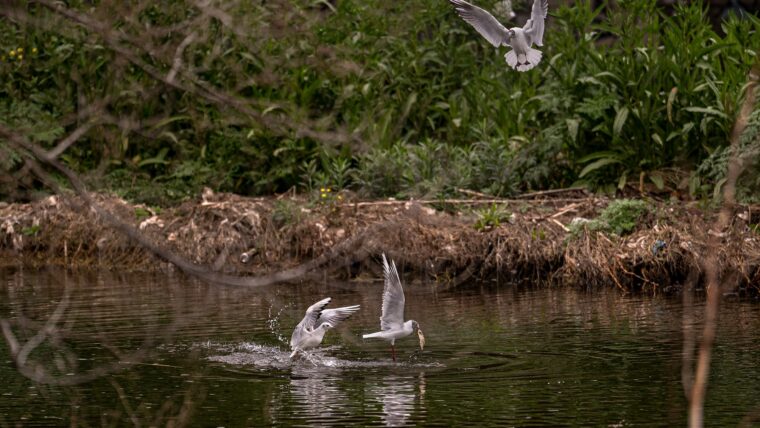Barcelona Biodiversity Observatory to improve the conservation of urban flora and fauna
Barcelona is to get a new Biodiversity Observatory thanks to a collaboration agreement signed with the Centre for Research on Ecology and Forestry Applications (CREAF). The agreement will also help drive participation, reflection and the exchange of experiences and synergies to roll out the Nature Plan 2030 and the CREAF Strategic Plan 2022-2026. The four-year deal is worth an estimated 250,000 euros.
The Barcelona Biodiversity Observatory will monitor the evolution of urban nature to gauge its richness, assess the state of conservation of species, habitats and natural spaces and prioritise conservation and management tasks. The observatory is being created with the goal of becoming the leading organisation for improving the treatment and dissemination of information on biodiversity in the city.
The idea is to collaborate in the conservation and improvement of land habitats and species, as well as the rollout of ecological and greening up management of the Nature Plan, to contribute to the rollout of the Special Environmental and Landscape Protection Plan for the Collserola Natural Park and more. The observatory will also take part in drafting action plans for species and groups to provide special protection for animals such as squirrels, hedgehogs, sparrows, peregrine falcons, raptors, birds that live in buildings, birds that have an impact on buildings, insect-eating birds, bats, reptiles, amphibians and invertebrates (butterflies and others).
Barcelona Nature Plan 2021-2030
The agreement, which seeks to strengthen Barcelona as an international role-model in urban biodiversity, also involves collaboration in the rollout of the Barcelona Nature Plan 2021-2030. This strategic instrument offers a vision of the city in 2050 with a practical and ecological green infrastructure, equative greenery, accessible and connected to the urban layout with a green metropolitan network to maximise social and environmental services, particularly healthcare and the adaptation to climate change.
The new strategic plan for the CREAF 2022-2026 will also be jointly created, based around four main points: promoting the social impact of research; developing and fostering excellent and relevant scientific research in a changing global context; attracting, retaining and consolidating talent needed for the centre to fulfil its mission, and guaranteeing the development and sustainability of the centre itself.














